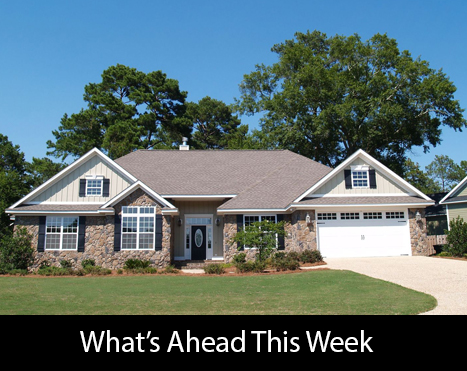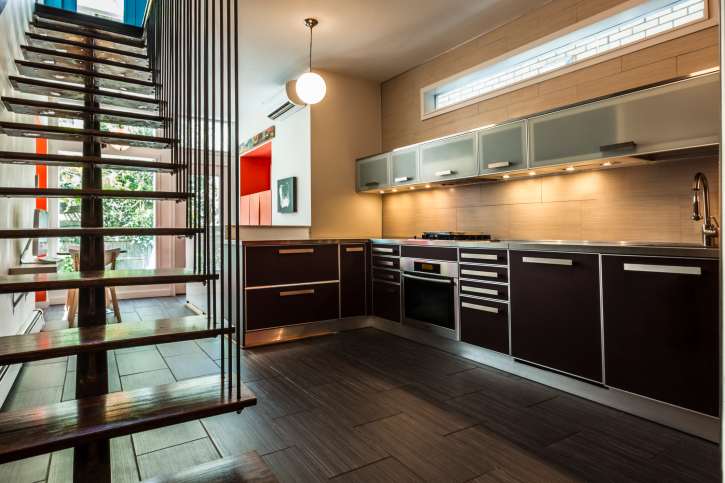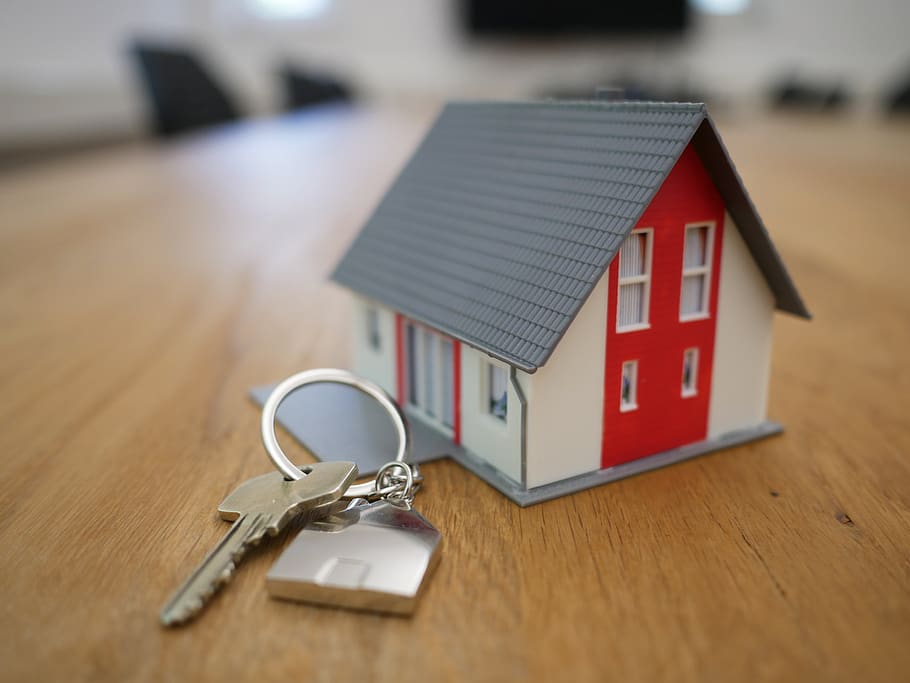What’s Ahead For Mortgage Rates This Week – August 24, 2020
 Last week’s economic news included readings from Case-Shiller on home prices, the National Association of Home Builders Housing Market Indices, and sales of previously-owned homes. Readings on housing starts and building permits issued were released. Weekly reports on mortgage rates, new and continuing jobless claims were also published.
Last week’s economic news included readings from Case-Shiller on home prices, the National Association of Home Builders Housing Market Indices, and sales of previously-owned homes. Readings on housing starts and building permits issued were released. Weekly reports on mortgage rates, new and continuing jobless claims were also published.
NAHB: Home Builder Confidence Rises in August
The National Association of Home Builders reported that builder confidence in housing market conditions rose six points to an index reading of 78.in August. The expected reading of 73 was based on July’s reading of 72. Homebuilder confidence was based on sharp demand for homes as city dwellers sought larger homes in less dense housing metro areas.
Ongoing shortages of pre-owned homes for sale boosted builder outlook as would-be buyers turned to new homes as supplies of pre-owned homes remained low.
The National Association of Realtors® reported higher numbers of previously owned homes sold in July at a seasonally adjusted annual pace of 5.86 million sales. 5.50 million sales of previously owned homes were expected based on June’s seasonally adjusted annual pace of 4.70 million sales.
Rising home sales could indicate increasing numbers of available homes, rising confidence in the economy, and sellers putting their homes on the market for reasons including buying bigger homes or relocation for less congested living conditions.
Commerce Department Reports Rising Rates of Housing Starts and Building Permits Issued
The Commerce Department reported a jump in U.S. housing starts in July with a seasonally adjusted annual rate of 1.496 million starts as compared to an expected pace of 1.330 million housing starts and an annual pace of 1.258 million housing starts reported in June.
Mortgage Rates Rise; Jobless Claims Mixed
Freddie Mac reported higher mortgage rates last week; the average rate for 30-year fixed-rate mortgages rose three basis points to 2.99 percent. Rates for 15-year fixed-rate mortgages averaged 2.54 percent and were eight basis points higher. Interest rates for 5/1 adjustable rate mortgages averaged one basis point higher at 2.91 percent. Discount points averaged 0.80 percent for 30-year fixed-rate mortgages, 0.70 percent for 15-year fixed-rate mortgages. Discount points for 5/1 adjustable rate mortgages averaged 0.30 percent.
Initial jobless claims reported by states rose to 1.11 million new claims filed last week and surpassed the expected a reading of 910,000 new claims filed based on the prior week’s reading of 971,000 initial jobless claims filed. Continuing jobless claims fell to 14.80 million ongoing claims from the prior week’s reading of 15.50 million continuing claims.
What’s Ahead
This week’s scheduled economic news includes readings from Case-Shiller Home Price Indices, reports on new and pending home sales, and inflation. Weekly reports on mortgage rates and jobless claims will also be released.

 Homes are more than just a building. They are filled with memories of children taking their first steps, holidays that were celebrated with family members and friends, and Super Bowl parties filled with smiles and cheers.
Homes are more than just a building. They are filled with memories of children taking their first steps, holidays that were celebrated with family members and friends, and Super Bowl parties filled with smiles and cheers. Are you thinking about buying a new home? Congratulations!
Are you thinking about buying a new home? Congratulations! Before approving a mortgage, your lender is going to have to do his due diligence to ensure that you can afford a loan large enough to pay for a house. That means your lender will be asking you several questions about whether or not you can afford a mortgage.
Before approving a mortgage, your lender is going to have to do his due diligence to ensure that you can afford a loan large enough to pay for a house. That means your lender will be asking you several questions about whether or not you can afford a mortgage. While businesses have fallen on hard times during the past few months, there are signs that the economy is going to start to recover quickly. This could mean that homebuyers are entering the market again as well.
While businesses have fallen on hard times during the past few months, there are signs that the economy is going to start to recover quickly. This could mean that homebuyers are entering the market again as well.